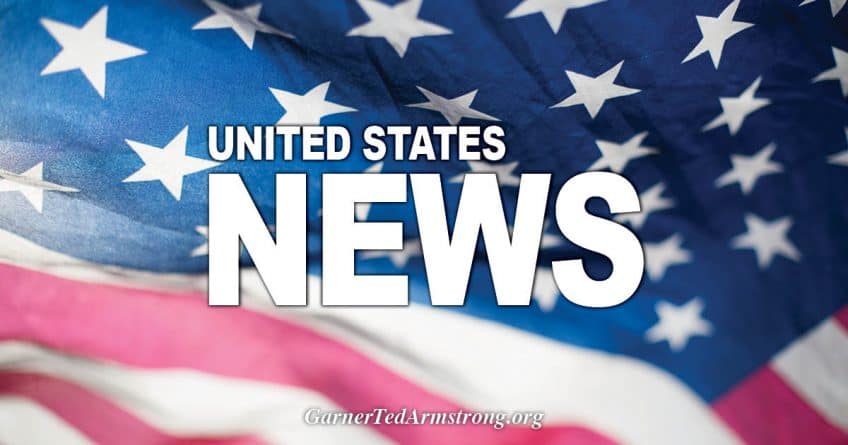BRUSSELS/BERLIN/WASHINGTON (Reuters) – The United States and Germany have offered to host two proposed new NATO commands aimed at deterring Russia, diplomats and officials said, in a show of support for the alliance’s military build-up that has echoes of the Cold War.
Part of NATO’s response to Russia’s 2014 annexation of Crimea, allies are considering a North Atlantic planning and strategy command to keep shipping lanes safe from enemy submarines, as well as a logistics command focusing on moving troops more quickly across Europe in any possible conflict.
No decisions have been taken, but U.S. Defense Secretary Jim Mattis will join other allied defense ministers next week in Brussels to discuss plans for both commands, setting the stage for NATO leaders to take a formal decision at a summit in July.
“Germany and the United States have both offered and that’s a good sign of their support, particularly from (U.S.) President (Donald) Trump,” said a senior NATO diplomat. “Many other allies had been waiting for them to come forward.”
Many allies are keen to lock in U.S. support given Trump’s early doubts about the alliance he now says he strongly backs.
The commands bring prestige and investment, so other allies are interested, including Portugal and Poland, diplomats said.
But the German and U.S. offers carry more weight because of their status of two of the biggest militaries in NATO.
A NATO official said that the location of the commands: “will be assessed in the coming months.”
According to two allied diplomats and three officials briefed on the plans, the United States has offered to host the command in Norfolk, Virginia, where NATO already has operations.
The German-hosted command could be in Ulm, in southern Germany, or possibly Cologne, two places were the country already has NATO and multinational facilities, they said.
Creating two new commands, which diplomats said would have up to 1,500 personnel in total, would be the first expansion in two decades after NATO sharply cut back in 2011.
That is strong in symbolism for eastern European allies, while the German offer comes at a time when Berlin has faced pressure from Washington to spend more on defense.
GERMAN SENSITIVITIES
While the strategy will not revive a much larger Cold War-era Atlantic Command disbanded in 2002, it would broaden NATO’s new deterrent against Russia, which involves rotating forces in the Baltics, Poland and in the Black Sea region.
Russia’s Crimea annexation, its direct support for separatists in eastern Ukraine and what the West says is a deliberate disinformation campaign to undermine U.S. and European democracies have unnerved governments.
Many in the West were also alarmed by Moscow’s war games in September that massed tens of thousands of troops and may have tested electronic warfare on Latvia, NATO officials say.
Ben Hodges, who recently retired as commander of U.S. Army in Europe, had long called for Germany to take on a bigger role in managing logistics and transportation needs for the alliance.
National and European Union border regulations make moving military equipment and soldiers slow and costly.
They want to see the name of the command changed to ‘Allied Command Operations Support Command’.
Hosting the command will include responsibility for air defense and cybersecurity, as well as the training and movement of follow-on forces, one official said.
“This is not just a matter of making sure the trains run on time,” the official said.
Additional reporting by Sabine Siebold, writing by Robin Emmott; Editing by Toby Chopra








